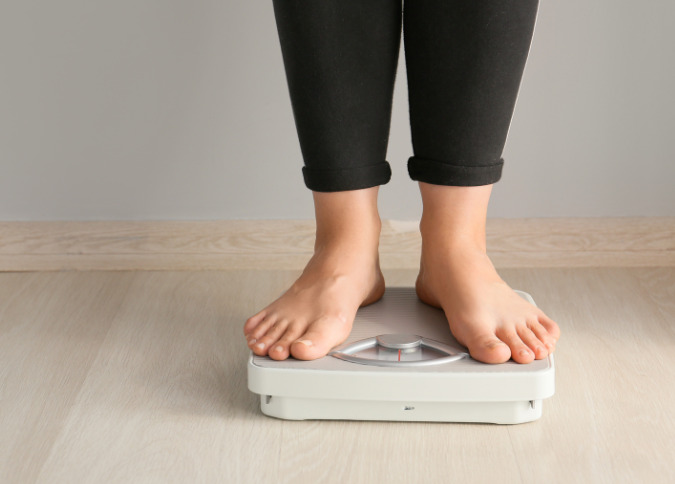Each year, the National Eating Disorder Association creates a theme for their awareness week. This year (2019), the theme is “Come as you are,” encouraging men and women of all shapes and sizes and stages of recovery to share their stories – a demonstration that eating disorders, like other mental health disorders, affect men and women from all backgrounds.

It is estimated more than 28 million people of all ages and genders suffer from an eating disorder in the United States. Of these 28 million, not every person is underweight, the common assumption we have for those struggling with an eating disorder.
In fact, until the most recent edition of the manual used to diagnose anorexia nervosa, one necessary criterion was “weight less than 85 percent of that expected.” The common cultural assumption of eating disorders – that people must be severely underweight – aligns with this criteria.
In 2013, the Diagnostic and Statistical Manual-V (DSM) identified other eating disorders that did not meet the criteria for anorexia nervosa. Atypical anorexia nervosa (AAN) is diagnosed when a person meets all of the criteria for anorexia nervosa, “except that despite significant weight loss, the individual’s weight is within or above the normal range.”
This means a person who is 5’4” and 180 lbs can lose 40 lbs in 2 months and still be considered in the “normal” weight range, despite a drastic weight loss. A person of the same height starting at 140 lbs losing the same 40 lbs in 2 months would likely be considered emaciated and could be diagnosed with anorexia.
It’s Not Just About Weight
People with atypical anorexia are considered within their “normal” weight range yet meet the other criteria for anorexia nervosa, including fear of weight gain, body image disturbance, restrictive eating patterns, and significant weight loss. In fact, a study concluded that adolescents diagnosed with AAN suffered from more distress related to eating and body image compared to peers struggling with anorexia nervosa.
Eating disorders are major illnesses with a profound psychiatric and physical effect – whether or not the individual displays the apparent significant weight loss.
Unfortunately, even in the medical and psychiatric communities, eating disorders in people at higher weights are commonly misdiagnosed, and not identified as needing treatment, leading to poorer prognosis of the disease.
Someone does need not be emaciated to be suffering from an eating disorder. Eating disorders affect women and men of all ages, all ethnicities, and all body sizes. We cannot continue to make assumptions about a person’s relationship with food based on their weight.
Putting the Client’s Safety First
We encourage any person who feels they have a difficult relationship with food and eating to get help. You don’t have to fit all the criteria of an eating disorder to have an unhealthy relationship with food. We are not here to judge difficulties based on your size – we are here to help you heal.
Our first priority will always be your safety and well-being. Due to the complicated medical nature of eating disorders, we assess for level-of-care appropriateness upon the initial consultation. If it is found that you or your loved one is in need of a higher-level of care based on our carefully curated questions, we will work with you to find the correct resources you need and deserve.
Meet our team of counselors who are highly trained in the treatment of eating disorders, and contact us to schedule a consultation.
